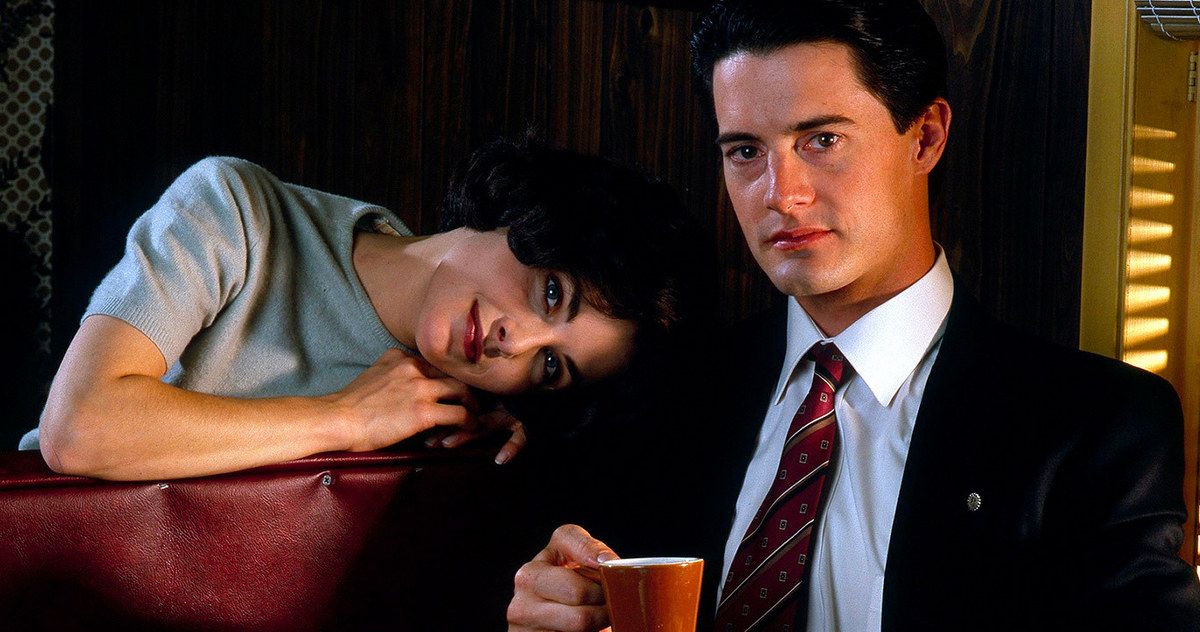
Adventures in Paradise actor Gardner McKay’s novel, Toyer, is a haunting and inventive thriller. Also produced as a play by McKay, the novel is a compulsively readable, if not slightly long-winded, examination of the media’s relationship with violence, the dark side of Los Angeles, and madness in and of itself.
The heroine of Toyer is Maude, a strong-willed neurologist who has been caring for the victims of the so-called “Toyer” for his year-plus spree. Toyer can’t exactly be deemed a serial killer since he leaves his victims alive– though in a completely incapacitated and vegetative state. The press nicknamed him “Toyer” because of his M.O., one that centers around tormenting his victims before lobotomizing them.
What makes Toyer rise above other thrillers is the insight it provides into the effects of the perpetrator’s havoc. Madness is passed from one person involved in the case to the next, with Maude as the primary recipient. When Toyer starts communicating with the press, the media sensation that surrounds it becomes a business in and of itself, leading to everything from a major book deal to potential movie right options.
Toyer is also, perhaps more than anything, an examination of Los Angeles as a house of insanity. It studies all the types who gravitate to it, from the wannabe actors to the various professionals wading through the scenes. Through McKay’s eyes, they’re all susceptible victims to the city’s uncompromisingly overbearing atmosphere.
The primary fault to Toyer is that it seems McKay was so in love with writing it that he didn’t want to stop. By the book’s last hundred of its near-five-hundred pages, his sometimes overly-flamboyant (though often charming) prose makes a bit of a nuisance of itself. This doesn’t prevent the book from reaching a successful and appropriately disturbing climax, however.
There was talk in the last decade of Toyer being adapted for the screen by filmmaker Brian De Palma. It’s a pity that the project now appears dead, as the book reads just like one of the director’s tongue-in-cheek, surreally dream-like “Hitchcockian” thrillers. Toyer is such a cinematic read that it practically demands an adaptation one day. Until that day comes, however, tracking down a copy of Toyer will give you the kind of disturbing satisfaction that only a good, hopelessly twisted, thriller can provide.
GRADE: B+



